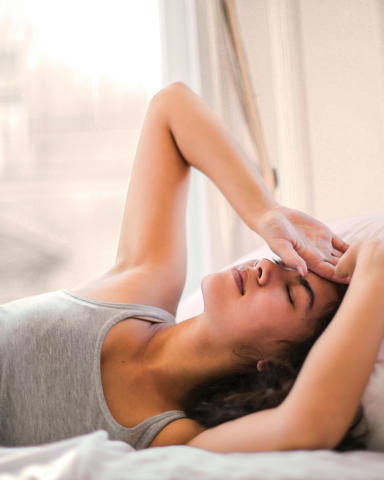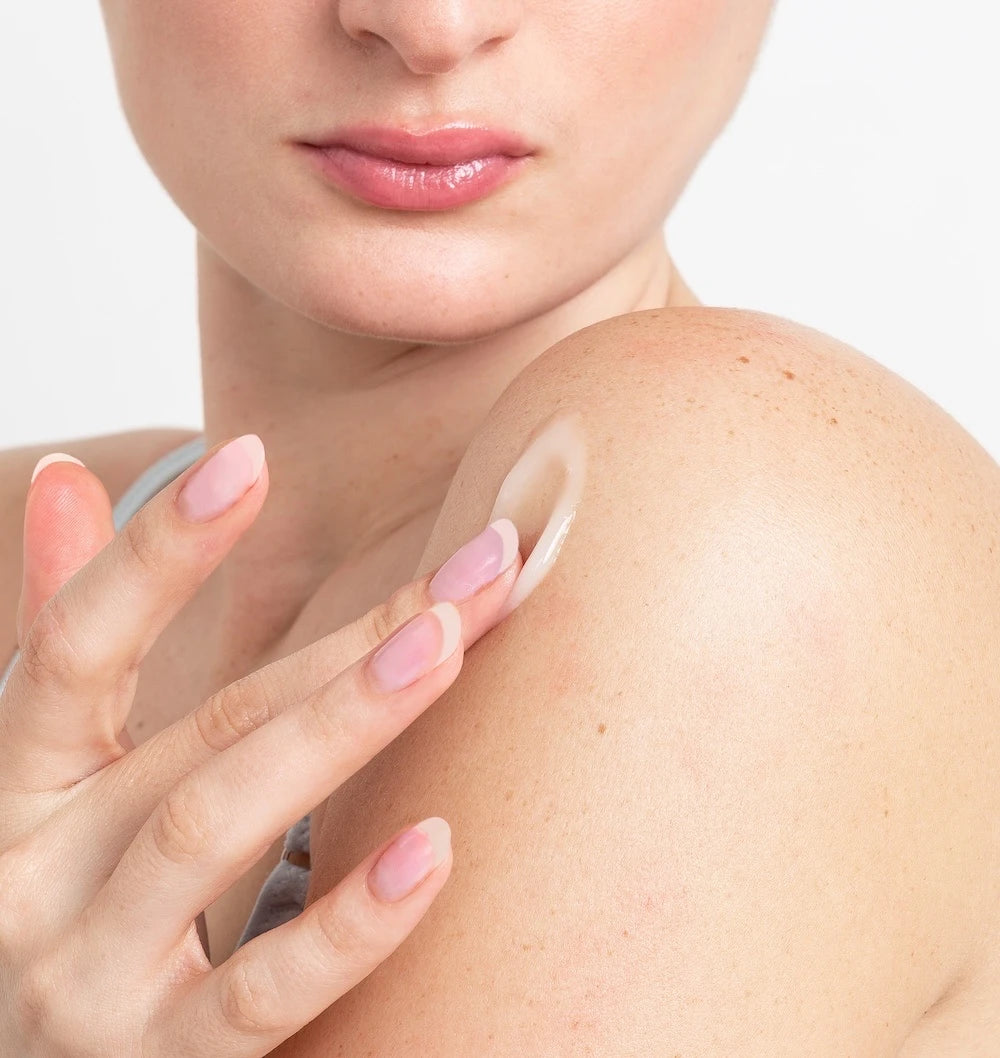Introduction
Bruxism, an often underestimated disorder, has a major impact on the quality of life of millions of people around the world. This condition, which manifests itself as involuntary grinding or clenching of teeth, often at night while sleeping, can cause much more than dental damage. Headaches, jaw pain and trouble sleeping are all possible consequences of bruxism. Thus, the question arises: how to relieve bruxism in a natural and effective way ? This article offers you an overview of this disorder and highlights the best methods to deal with it.
Understanding bruxism
What is bruxism ?
Bruxism is an unconscious movement of the jaw that is not related to chewing or swallowing. It mainly manifests itself in two ways: clenching of the teeth (centric bruxism) and grinding of the teeth (eccentric bruxism).
Types of bruxism and characteristics
Bruxism can be daytime or nocturnal. Daytime bruxism is often linked to stress and anxiety, while nighttime bruxism is usually an involuntary act that occurs during sleep. The consequences of bruxism are multiple and include premature wear of teeth, headaches, neck tension and jaw pain.
Causes and consequences of bruxism
The causes of bruxism are diverse and often complex. Although science has not yet been able to precisely determine the causes of this disorder, several risk factors have been identified. Stress and anxiety are considered the main triggers of bruxism. Furthermore, certain sleep disorders, excessive consumption of stimulating substances such as alcohol and caffeine, smoking, as well as the use of certain medications can all contribute to the worsening of bruxism. The consequences of bruxism can be serious, leading to premature wear of teeth, headaches, pain in the face and neck, jaw and ear, as well as sleep disruption.
The links between bruxism and stress
The impact of stress on bruxism
Stress is a major trigger for bruxism. Stressful situations, worries and anxiety can increase muscle tension, often leading to clenching or grinding of the teeth. Bruxism is therefore often considered a stress management behavior.
Stress management to relieve bruxism
Managing stress can greatly help reduce bruxism. Relaxation techniques, such as meditation, yoga, or deep breathing, can help reduce stress and anxiety. In addition, pleasant and relaxing activities such as reading, listening to soft music or taking a walk can also be beneficial.
Relaxation techniques to combat bruxism
Meditation and mindfulness
Meditation and mindfulness are relaxation techniques that can help reduce bruxism. By encouraging relaxation and helping manage stress, these techniques can help control teeth grinding. The goal is to refocus attention on the present moment and become aware of jaw movements, which can help reduce unconscious teeth grinding.
Self-hypnosis
Self-hypnosis, for its part, can help modify unconscious behaviors and promote relaxation.
Regulation of diet and physical activity
Food to adopt to combat bruxism
A healthy, balanced diet can help reduce bruxism. It is recommended to avoid foods and drinks that can increase muscle tension, such as caffeine and alcohol. It is also advisable to consume foods rich in magnesium, a mineral that helps relax muscles.
Importance of physical activity
Regular physical activity can help reduce stress and muscle tension, two factors that contribute to bruxism. Jaw relaxation exercises can also help reduce teeth grinding.
Behavioral methods to counter bruxism
Cognitive-behavioral therapy
Cognitive behavioral therapy (CBT) can be helpful in managing bruxism. It helps identify and change thoughts and behaviors that contribute to teeth grinding.
Natural remedies to combat bruxism
Medicinal plants
Certain herbal remedies, such as chamomile and passionflower, can help promote relaxation and sleep, which may help reduce bruxism. Magnesium, having a relaxing effect on the muscles, can also be interesting as an oral supplement. CBD is a great ally, since it offers a triple action: relaxation
Use of essential oils
Essential oils, such as lavender, can also help reduce stress and muscle tension, helping to reduce teeth grinding.
3 of our super-treatments can help you relieve your bruxism
Our Light Head Roller and our Invigorating Chinese Balm can be great allies in relieving you. They will help to effectively and quickly soothe your discomfort.
The associated massage is a very important lever in your fight against bruxism in order to reaccustom the muscles to relax. Our Self-Massage Roller will allow you to massage the area where you feel tension and discomfort.
Preventing bruxism
Sleep hygiene techniques
Maintaining good sleep hygiene is essential to preventing bruxism. This may include practices like avoiding caffeine before bed, maintaining a regular sleep schedule, and creating an environment conducive to sleep.
Conclusion
Bruxism can have serious consequences on oral health and quality of life in general. Fortunately, there are many natural methods to control and reduce this problem. Whether through relaxation techniques, diet modifications, or the use of natural remedies, it is possible to manage bruxism and improve one's overall well-being. As always, do not hesitate to consult a healthcare professional if you have any concerns or questions.
FAQ
- What is bruxism ?
Bruxism is an oral disorder characterized by grinding or clenching of the teeth, often involuntarily. It usually occurs during sleep, but can also occur during the day.
- What are the symptoms of bruxism ?
Symptoms of bruxism can include tooth wear, pain in the face, jaw and ear, and trouble sleeping.
- What are the causes of bruxism ?
Bruxism can be caused by a variety of factors, including stress, anxiety, excessive caffeine or alcohol consumption, certain medications, and sleep disorders.
- How to stop grinding your teeth while sleeping ?
There are several methods to stop grinding your teeth during sleep, including relaxation techniques, regulating diet and physical activity, behavioral therapies, and using natural remedies .
- Can bruxism cause headaches ?
Yes, bruxism can cause headaches, due to excessive tension on the jaw muscles.
- Can dental trays help with bruxism
- How to manage stress-related bruxism ?
Stress management is an important part of treating bruxism. This may include relaxation techniques, such as meditation and yoga, as well as cognitive behavioral therapies.
- What natural remedies can help with bruxism ?
Certain medicinal plants, such as chamomile and passionflower, as well as essential oils such as lavender, can help reduce bruxism. Additionally, a balanced diet rich in magnesium can also be beneficial.






